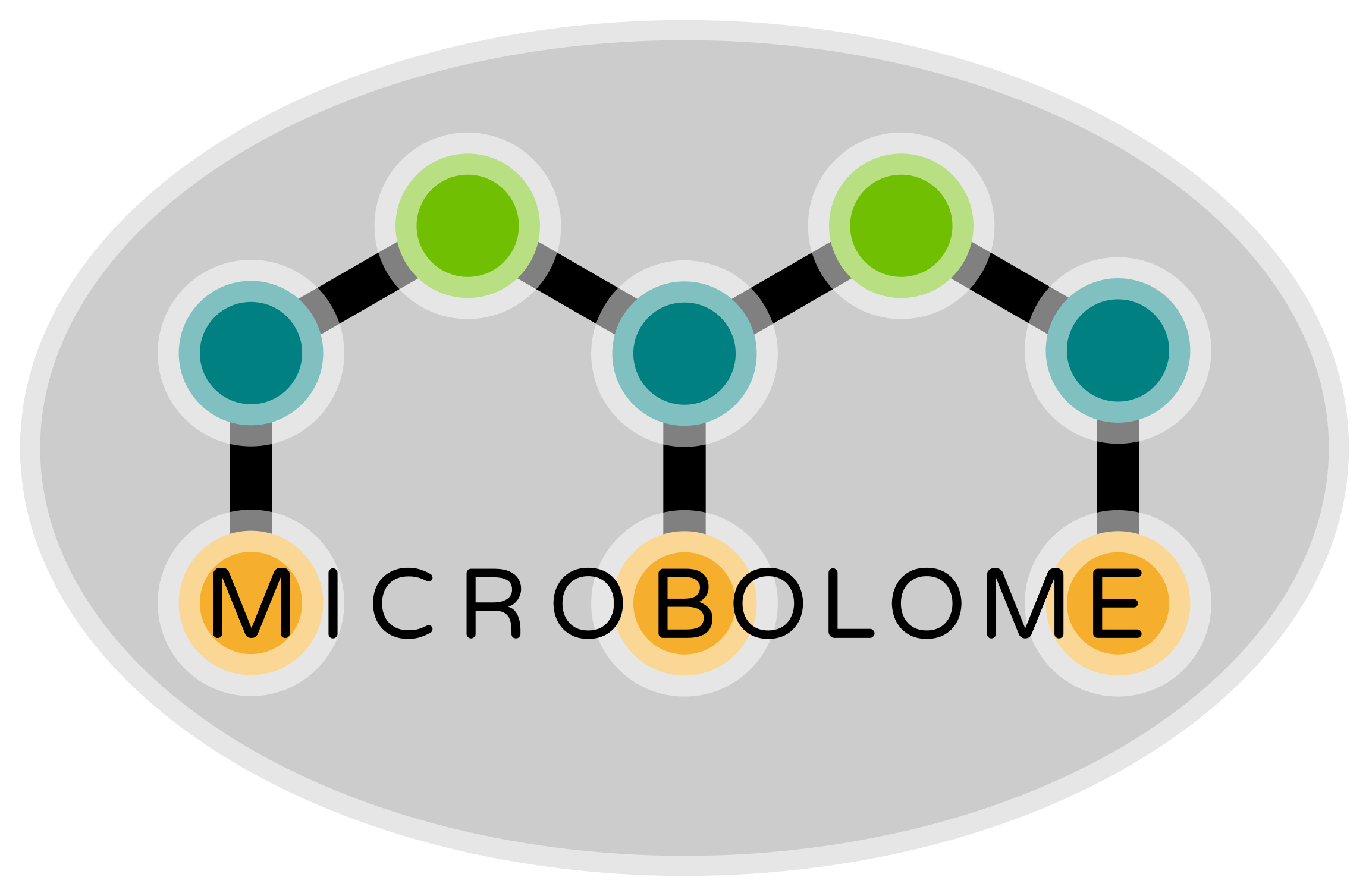June 16, 2023
Afekta has launched a new service called Microbolome focused on semi-quantitative measurement of microbial metabolites. In this blog post, we will delve into the importance of microbial metabolism for our health and the ways it is manifested, such as via the gut–brain axis.
The human body is an ecosystem of trillions of microbial cells, which may even outnumber the human cells. These tiny organisms inhabit nearly all surfaces of our bodies, particularly the gut, and their existence is vital for our well-being. Recent scientific research has shed light on how the intricate relationship between humans and commensal microbes works, and much of the crosstalk happens chemically via microbial metabolites.
Our commensal microbiota consists of a wide array of bacteria, viruses, fungi, and other microorganisms. Most of these communities work in symbiosis with our body, participating in digestion, metabolism, and immune system development. They contribute to the synthesis of vitamins and the breakdown of dietary fibre, and they also simply occupy the living space that might otherwise be colonised by pathogenic organisms. Some microbes have been suggested to be so important for our mental well-being, that they are sometimes called ”psychobiotics”. In other words, we couldn’t live a healthy and normal life with only our human cells.
Microbial metabolites (aka postbiotics) have been increasingly reported as important mediators in the communication between the gut and the brain, i.e., the gut–brain axis [1]. There is increasing evidence that the liver is also participating in this process, suggesting the “gut–liver–brain axis” as the more appropriate term. The gut microbes directly or indirectly produce several important neurotransmitters, such as serotonin, dopamine, and gamma-aminobutyric acid (GABA), which can alter our mood, behaviour, and cognitive function. Other gut microbial metabolites, such as short-chain fatty acids (SCFA), hippuric acid, and indole derivatives of tryptophan, can alleviate inflammation and oxidative stress, which may also have a positive impact on brain health.
The well-being of our gut microbiota is crucial for our own well-being. We should feed the gut microbes with whole foods that contain dietary fibre instead of consuming highly processed foods, which do not contain material that remains undigested by the small intestine. Denying the gut microbes from their food can result in serious health consequences, such as dysbiosis in the gut, reduced microbial diversity, impairment of digestion and metabolism, and a weakened function of the gut barrier. Gut dysbiosis may cause functional problems in the gastrointestinal and immune systems. The ”leaky gut” resulting from the weakened gut barrier may lead to low-grade systemic inflammation. All of these consequences combined can make us more susceptible to infection, autoimmune diseases, fatty liver disease, cardiovascular disease, and even mental illnesses.
What if there already is a dysbiosis in our gut, say from a poor diet or a hefty course of oral antibiotics? It is never too late to improve the living conditions of the microbiota by increasing the consumption of foods rich in different types of dietary fibre, which are available from various whole plants and many of which are working as prebiotics, selectively promoting the growth of the beneficial microbes in the gut. Fermented foods containing living probiotic bacteria, such as lactobacilli and Bifidobacteria, temporarily introduce these beneficial bacteria into the gut to further increase its microbial diversity. In more severe cases, faecal transplantation has shown promising results in restoring lost microbial communities and ameliorating conditions that have resulted from dysbiosis.
Microbial metabolites are key players not only in mediating the health benefits of our small commensal friends but also in determining their current status. Therefore, and also because of increased interest from our clients, we have decided to launch a new approach called Microbolome (”microbial metabolome”), which comprehensively measures microbial metabolites from any biological sample in a semi-targeted manner. Using our metabolomics platform, we can currently detect more than 60 microbial metabolites, including phytochemical metabolites, indole derivatives, vitamins, secondary bile acids, and some controversial metabolites, such as TMAO and 5-AVAB [2].
The relationship between commensal microbes and their hosts and how this intricate coexistence is mediated by metabolites is an exciting and challenging area of scientific exploration. As our understanding of this field increases, it holds the promise of novel therapeutic solutions to optimise the microbial composition on an individual level and to truly harness the power of our microbial allies. It also offers many interesting opportunities for commercial applications in the food industry. We are eager to help you with your scientific or commercial project aiming to decipher the array of microbial metabolites in your samples or products!
References
[1] Haikonen, Retu, et al. “Diet-and microbiota-related metabolite, 5-aminovaleric acid betaine (5-AVAB), in health and disease.” Trends in Endocrinology & Metabolism (2022). [2] Ahmed, Hany, et al. “Microbiota-derived metabolites as drivers of gut–brain communication.” Gut Microbes 14.1 (2022): 2102878.